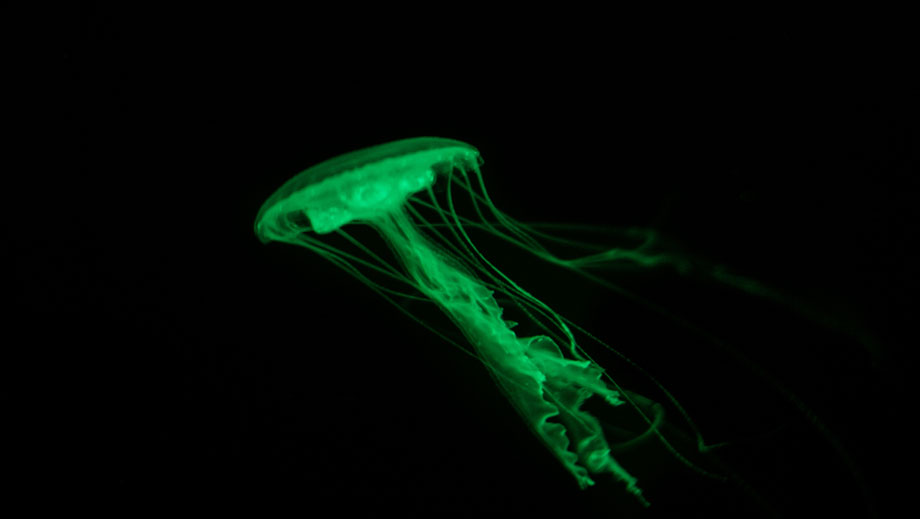Natural Selection also Increases the Adaptability of Organisms

Everywhere we look in the natural world, there’s evidence of natural selection: the resin armor of a lodgepole pine cone evolved to defend against seed-hungry birds and squirrels, or the long neck of a giraffe was evolutionarily favored for reaching high vegetation that the competition can't touch. It is known that natural selection shapes how animals, plants, and other organisms evolve and adapt. But does natural selection also influence an organism’s very capacity to evolve? And if so, to what degree?
The group under strong selection won the "evolution race"
A new study, published in Science, hints at some surprising answers to that question. A team of researchers led by Andreas Wagner of the University of Zurich (UZH) and the Santa Fe Institute, subjected populations of a yellow fluorescent protein from a marine invertebrate that was transferred into the enterobacteria E. coli to weak and strong selection pressure to find out which one enhances evolvability more effectively. The evolutionary goal of the experiment was to get protein populations to evolve from yellow to green fluorescence. The results showed that the group under strong selection won the "evolution race", because those populations underwent mutations that made them more robust – and therefore better able to evolve.
"To our knowledge, this is the first experimental proof that selection can drive the ability to adapt in a Darwinian sense and increase evolvability itself,” says Wagner. "There are still people who question whether evolution is real. But we don’t just look at fossils of which we have a historical record. We directly observe evolution in the laboratory."
Strong selection increases robustness
Until now it was widely assumed within the evolutionary biology field that weak selection provides an advantage to an organism’s ability to evolve. But now the research team was able to show, that the proteins under strong selection accumulated mutations that increased their robustness to a greater extent.than those under weak selection. Indeed, a greater robustness of proteins is a key requirement for evolutionary success.
"This discovery was a real surprise because it showed that selection for fitness didn't conflict with selection for robustness, which contrasts with previous work," says first author Jia Zheng from UZH. "While most mutations that proteins encounter harm their stability or ability to assume their correct spatial form, the robustness-improving mutations actually mitigate such deleterious effects. Robust proteins have a higher chance to function and thus evolve new traits.”
No need for controversy
Wagner hopes that the results will help to settle the long-standing controversy over whether an organism’s evolvability itself can evolve. "So far some scientists thought that natural selection on evolvability must not be very direct — it must be overridden by selection on fitness,” he says. “But now we have an example where both go hand in hand. In other words: there is no need for this controversy.”
Literature:
Jia Zheng, Ning Guo, Andreas Wagner. Selection enhances protein evolvability by increasing mutational robustness and foldability. Science. Doi: 10.1126/science.abb5962